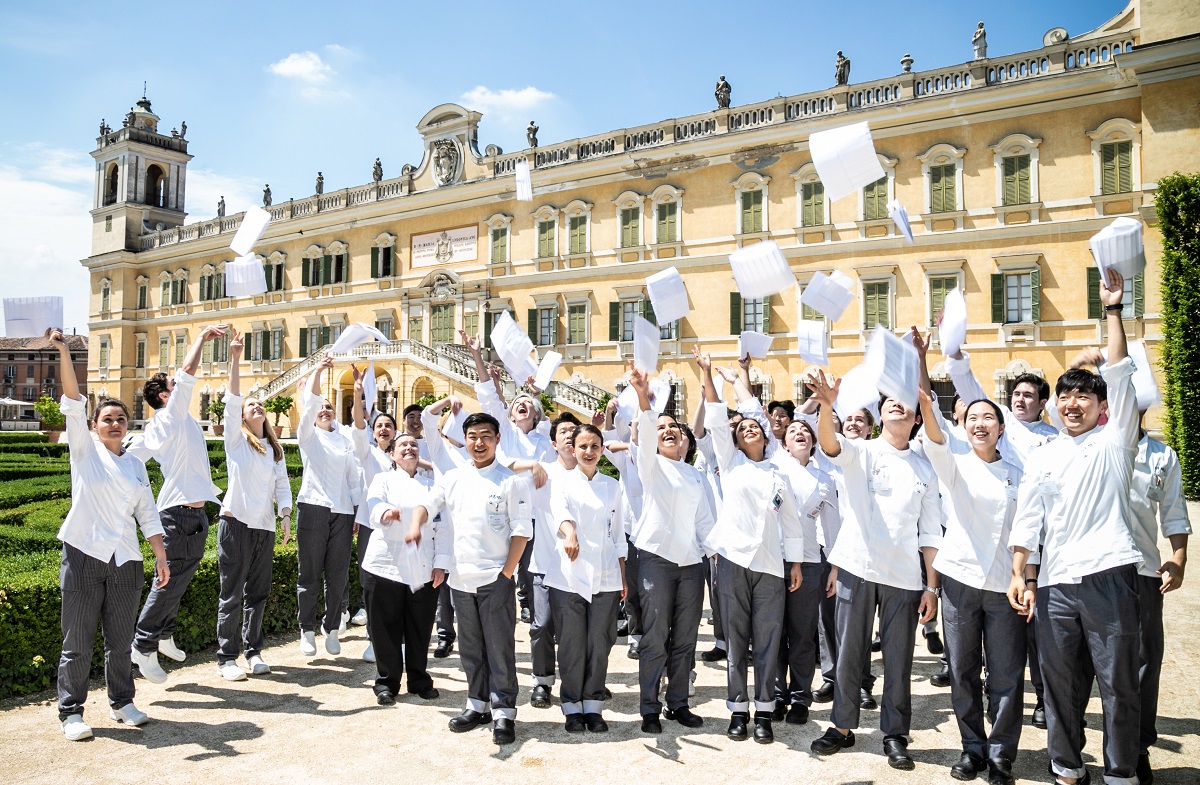ALMA educates chefs and sommelier from all around the world, forming professionals of Italian Cuisine with training programs at the highest level, executed by world’s leading teachers.
ALMA has always promoted Italian agri-food heritage through high formation. The School’s commitment is to safeguard, protect and disseminate Italian products in the world. It can happen through its own teaching methods and through shared governance plans with international institutions and organizations.
ALMA constantly updates its teaching with great attention and sensitivity towards the new needs of the catering and hospitality world. The culinary arts School builds training experiences on the knowledge of tradition but interesting to face the new challenges of the modern era.
ALMA educates the Next Generation of hospitality professionals. The School, in its activities and its objectives, works by guiding principles, integrity, fairness and confidentiality. It also seeks to facilitate the pursuit of market competitiveness with respect for competition laws; furthermore it aims to promote, from a social responsibility and environmental protection perspective, the correct and efficient use of resources.
Courses at ALMA are inspired by the teachings which the Maestro himself has bequeathed to our School. Indeed it is a legacy left to Italy as a whole, which is indebted to him for bringing its cuisine into the modern age. The task has been entrusted to a Scientific Committee made up of great professionals in the fields of food and wine and hospitality. Professional figures able to rise up as a model for students, a point of reference and inspiration: Paolo Lopriore (Italian Cooking), Davide Comaschi (Pastry), Ezio Marinato (Bakery), Mariella Organi (Hospitality), Andrea Grignaffini (World of High Catering).
ALMA has therefore decided to adopt this Code of Ethics to express their commitment in the performance of all activities. It is necessary to achieve the purposes in the statute and also aims to stipulate in a document the principles of:
- fairness
- honesty
- integrity
- behavioural transparency
- the way of working and how to conduct relationships both internally and towards third parties.

